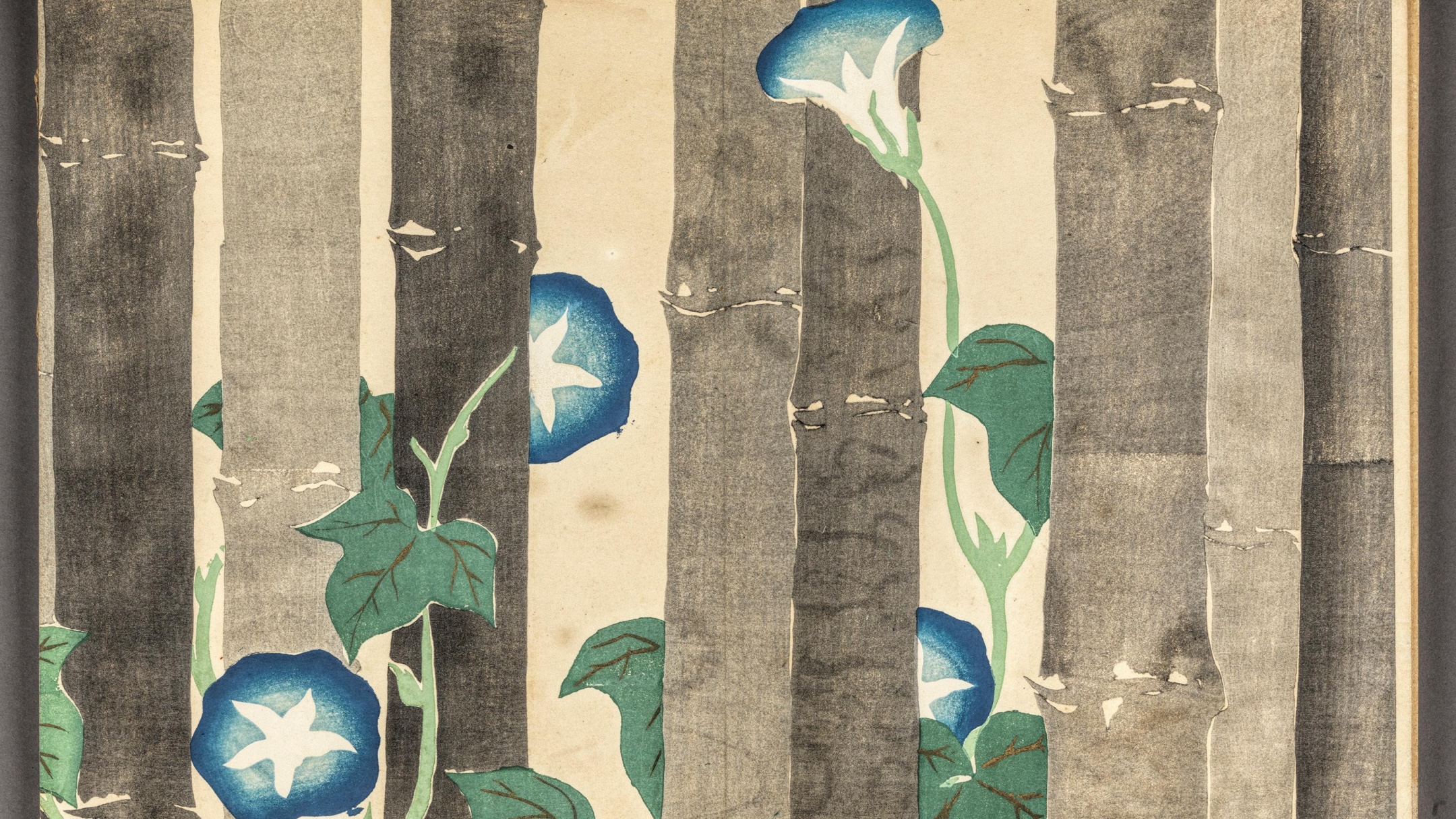Minecraft and Museums together at the ROM
Published
Categories
Author
Blog Post
For over a year, the Learning Department has been hard at work on the development of a new approach to museum virtual visits: building an online experience using an adventure map in Minecraft to teach elementary students about Responsible Mining. We’re excited to announce that we have reached the pilot testing phase!
Why Minecraft?

Mining-related topics can be a challenge for classroom teachers without a science background, making the ROM’s collections, research, and educators a valuable resource. When an onsite visit to the ROM isn’t possible, a virtual visit can be a great opportunity to experience the museum remotely. The challenge with virtual visits is in finding ways to make learning interactive and hands-on. By piloting with Minecraft and tapping into students’ own digital literacy, we aim to craft an experience that combines access to ROM educators and resources with student-driven active learning.
Who is the program for?
The pilot program is designed for Grade 4 students, in correlation with the Grade 4 Rocks and Minerals stream of the Ontario science curriculum. Though any classroom teacher may book the program, the experience is designed with distance learners in mind, enabling us to reach schools in Northern Ontario and beyond.
What does the program look like?

In its current pilot phase, the program spans 2-3 weeks. After an introductory video conference with a ROM educator, each student in a pilot class is assigned a playable Minecraft character and one of three villages on the map that will become their home.
When they first enter the Minecraft map as a class, students break into three groups and find their way to their home village. On arrival, they will discover that each village is rich in specific geological and biological resources that the other villages lack, and that all of these resources are needed to construct a monument that will unlock the final puzzle and successfully complete the program.

The open nature of the game ensures that there are many solutions to problems within the world, and students must communicate and collaborate to make decisions and justify their choices. Playing through the map, students gain context and build empathy for the many stakeholders and complex issues surrounding a mining operation. Multiple possible outcomes from the game scenarios encourage reflection and discussion of in-game choices, and how those choices parallel real-world examples.

Our research has taken us through the many incredible Minecraft worlds created by teachers and cultural institutions throughout the world. A Grade 4 class studying rocks and minerals has also provided valuable input for our game design and discovery experiences. With help from our intrepid highschool co-op students, we have learned to code command blocks, build redstone circuits, and navigate the complex system of plugins required to run a Minecraft server. ROM Teachers who teach the Rocks and Minerals topic have designed puzzles based on curriculum concepts to test student knowledge. We have also created resources to support classroom teachers as they navigate the world with their students.
Now it’s time to put it to the test.
To Infinity and Beyond
Early in 2018, we put out a call to schools and teachers looking for classes to pilot the program. Over the spring and early summer, each pilot class will get 2-3 weeks of access to our closed Minecraft server. Their session will begin with a video chat with a ROM educator to provide context and assign their task. Along with the typical assignments that will be customary for the full program, our pilot students will also discuss the game development process with us.

As students progress through their two-week mission, we will gather data on their progress via assignments they complete as part of the Responsible Mining program, and through feedback they leave within the game. Additionally, we will be making visits to Toronto schools to observe students in action and gather data on how they collaborate and play the game.
Over the summer, this data will inform revisions to the map and the design of the program to ensure that it is a valuable, relevant, and engaging experience for our target audience.
And for the future, the open world of Minecraft means that the potential for other ROM virtual programs are limited only by the imagination.
If you are interested in learning more about this program, please contact the Learning Department at romlearning@rom.on.ca.
#ROMminecraft #ROMLearning


